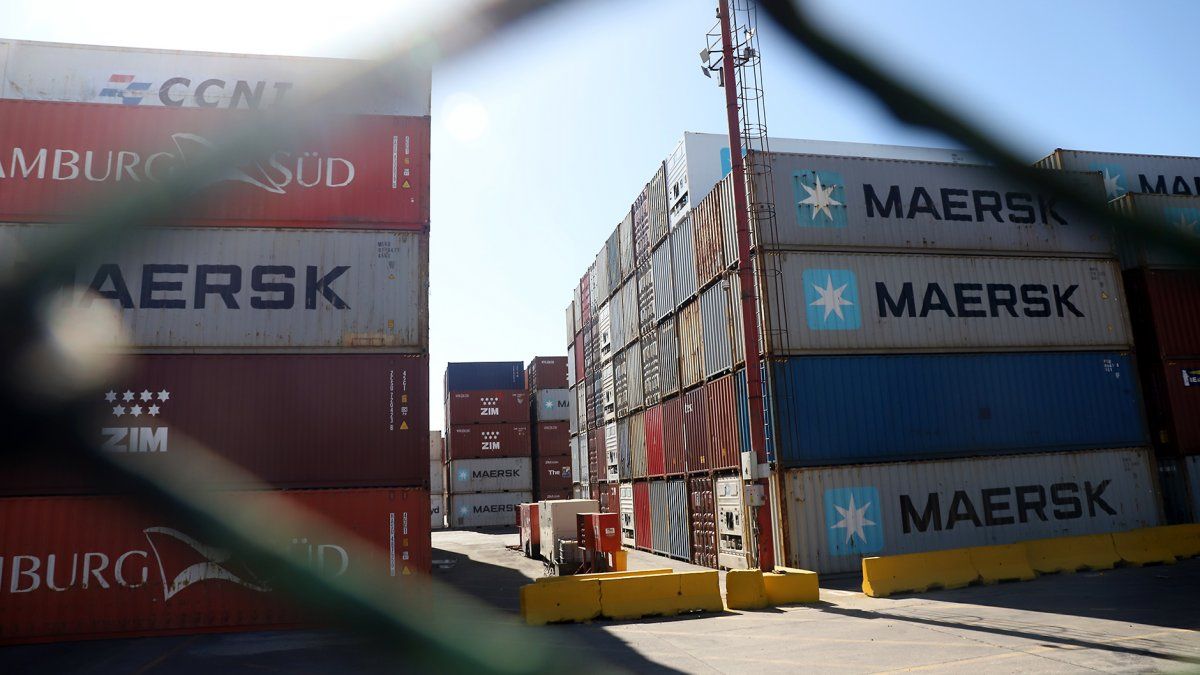According to estimates by economists from the fund manager Mega Qm, In the last two months of the year, the Central Bank would have to pay some US$1.4 billion of imports that were agreed in May and June, which by regulation 7532 were compelled to obtain commercial credit for 180 days.
That is the bulk of imports. Some more isolated operations would be expiring between the end of this month and the beginning of October. They are purchases abroad that were handled by the previous regulation, 7466, which had given intervention to the country’s highest financial entity to authorize the Customs Comprehensive Import Monitoring System (SIMI) declarations.
“Given this recent dynamic and the way seasonal factors play into it, andn the coming months we should see a slowdown in payments for energy imports and a bump in the liquidation of foreign exchange from agriculture”, says MegaQm.
The consultancy considers that the soybean dollar could provide the government with an additional supply of US$2 billion, due to a greater settlement of dollars from cereal companies, combined with a lower demand for energy imports.
“This approach makes it possible to clarify the short-term outlook, but we must remember that by the end of the year the payments for imports that were financed at 180 days must be faced,” recalls the administrator. The report adds that “by then, the BCRA needs to have a reserve cushion that allows it to face another stage that is seasonally complex.”
The report estimates that already in Argentina with the current level of economic activity, the structural demand for imports would not fall below US$6,000 million per month.
Foreign trade operators consulted by Ámbito agreed that Massa’s trip to the United States could begin to clear up the scenario of imports in the coming months.
If the “soybean dollar” works and the lower purchase of foreign currency for energy generated by seasonality leaves a margin, they believe that the BCRA could relax some conditions for imports. Some analysts consider that it should do so, anyway, to avoid complicating economic activity. However, businessmen in the sector believe that, even if economic conditions improve, the monetary authority is not going to dismantle the import stocks completely.
Source: Ambito
David William is a talented author who has made a name for himself in the world of writing. He is a professional author who writes on a wide range of topics, from general interest to opinion news. David is currently working as a writer at 24 hours worlds where he brings his unique perspective and in-depth research to his articles, making them both informative and engaging.




